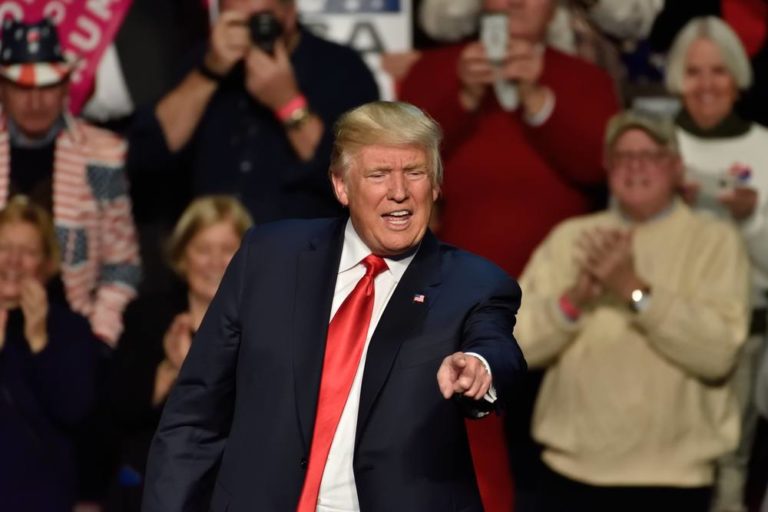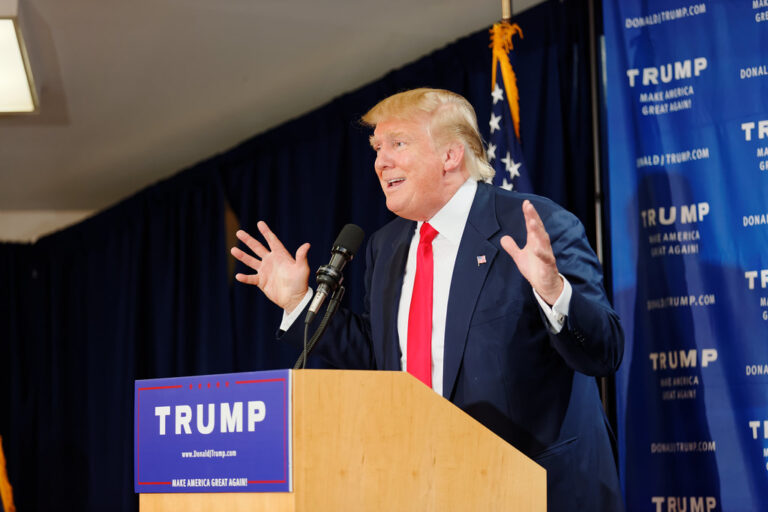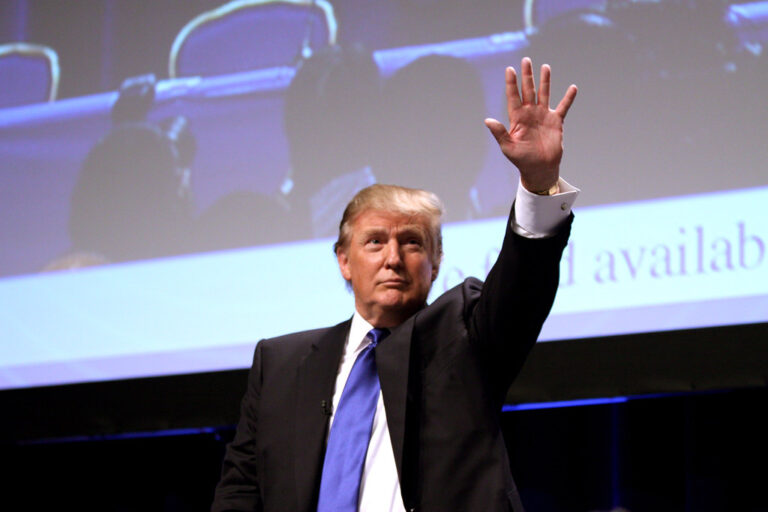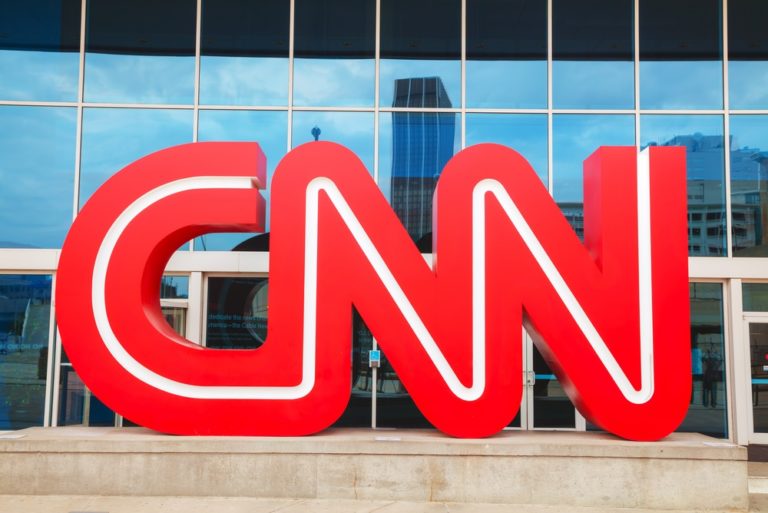Key Takeaways:
- USAID employees were given just 15 minutes to leave after the agency’s closure.
- Senator Welch criticized the Trump administration, calling the action cruel and unconstitutional.
- The agency faces significant funding cuts and layoffs.
- Global aid, including food and medicine distribution, is severely impacted.
Introduction
Senator Peter Welch recently spoke out against the Trump administration’s handling of USAID, expressing strong dissatisfaction with the abrupt closure of the agency. Employees were given a mere 15 minutes to vacate the premises, a move Welch described as cruel and unconstitutional.
The Role of USAID
USAID, established during the Kennedy administration, plays a crucial role in U.S. foreign aid as a form of soft power. The agency has long been instrumental in providing humanitarian assistance worldwide, including food and medical aid.
Consequences of the Closure
The closure of USAID has led to severe consequences. Employees faced sudden layoffs, and global aid programs have been halted. This includes food distributions and vaccine provisions, essential for preventing disease outbreaks and feeding starving children.
Constitutional Concerns
Senator Welch argued that President Trump’s actions are unconstitutional, as they override Congress’s budget decisions. Notably, Secretary of State Marco Rubio had previously supported these allocations, highlighting the administration’s overreach.
Impact on Global Aid
The shutdown of USAID has halted critical aid reaching those in need. Welch emphasized the cruelty of this action, not only to the workers but also to global recipients relying on U.S. assistance.
Conclusion
Senator Welch’s critique underscores the administration’s prioritization of political agendas over humanitarian efforts. The abrupt closure of USAID reflects a shift in U.S. global engagement, leaving vulnerable populations without essential support.









